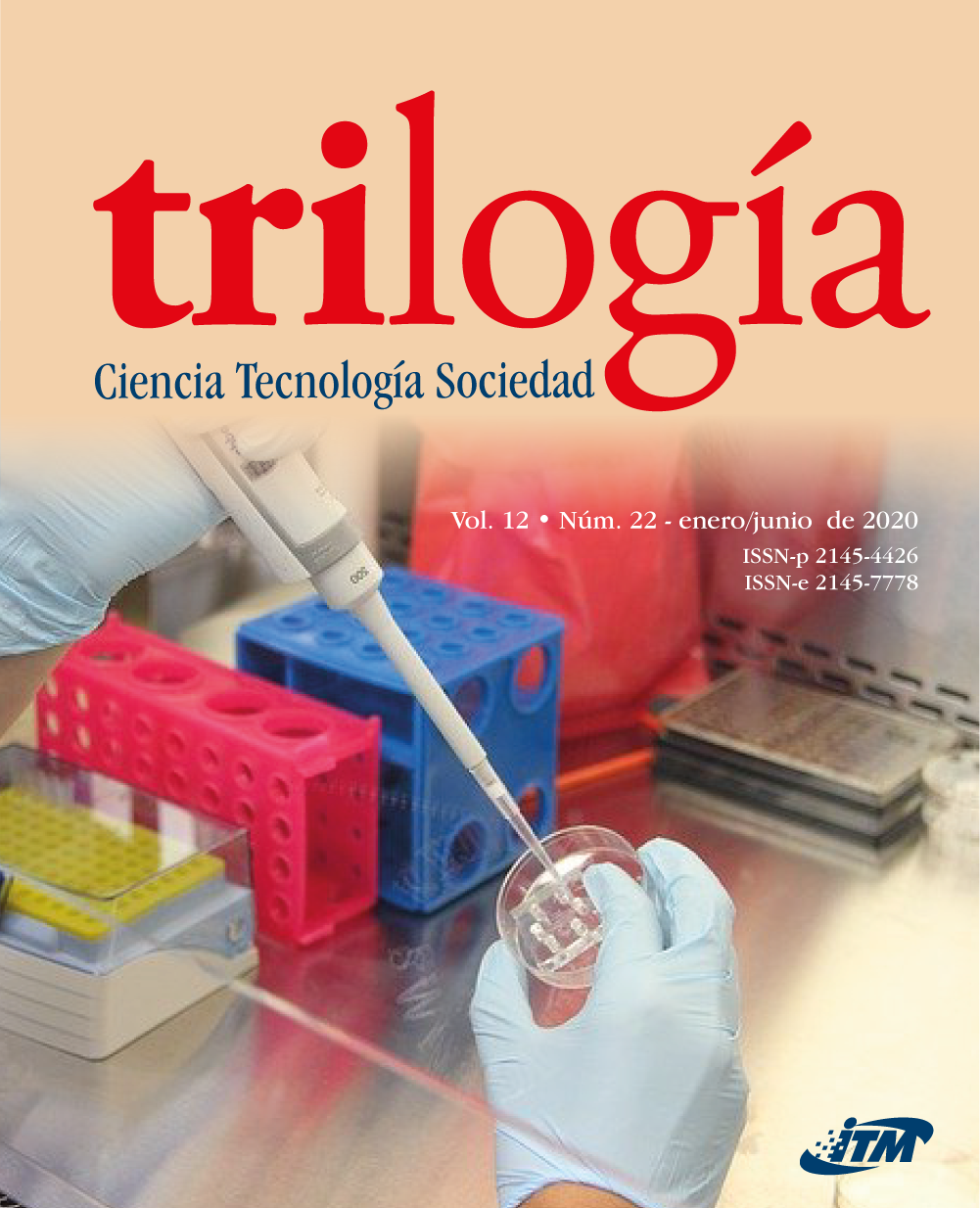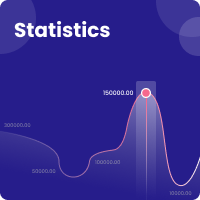Making Sense of Digitality from Gadamer’s Hermeneutics of the Superior Breadth
Abstract
Digital is an aspect of technology that has been transforming man's relationship with the world and new technologies. In this perspective, a problem arises inasmuch as man alienates himself and loses the meaning of his existence. For this reason, the text presents a reflection on the search for the meaning of digital, as a tool that serves the human being. This is proposed from the development of the superior generality raised in the hermeneutics developed by Gadamer. The text is proposed as an advance in the search for meaning in the digital age, which allows man to assume its qualities, from the methodology of interpretation proposed by hermeneutics, and discover the purpose of life with the intervention of digital media. When the sense of digital is identified, the ways of relating between man and digital systems and the possible influences that different conceptions can exert on the human being are recognized. This will allow man to seek the transcendent meaning of his existence.
References
Arana Cañedo-Argüelles, J. (2015). El proceso histórico de separación entre ciencia y filosofía. https://www.racmyp.es/docs/academicos/661/discurso/d89.pdf
Baudrillard, J. (1993). Cultura y simulacro. Kairós.
Chanona Burguete, O. (2017). Digitalidad: cambios y mutaciones en la cotidianidad. Revista Digital Universitaria, 18(4), 1-11. http://www.revista.unam.mx/ojs/index.php/rdu/article/view/1020/5
Echeverría, J. (2009). Cultura digital y memoria en red. Arbor. Ciencia, Pensamiento y Cultura, 185(737), 559-567. https://doi.org/10.3989/arbor.2009.i737.313
Gadamer, H. G. (1993). Verdad y Método (Tomo 1, 5.ª ed.). Ediciones Sígueme.
Heidegger, M. (1970). Carta sobre el humanismo (3.ª ed.). Taurus.
Montes, G. (1999). De lo que sucedió cuando la lengua emigró de la boca. Lectura y vida. Revista latinoamericana de lectura, 20(3), 2-10. https://www.oei.es/historico/fomentolectura/lengua_emigro_boca_montes.pdf
Morin, E. (1994). Introducción al pensamiento complejo. Gedisa.
Moreno, C. (2015). Cocrear con el digital en un mundo en mutación. Communication papers, 4(8), 50-53. https://doi.org/10.33115/udg_bib/cp.v4i08.22059
Núñez Jover, J. (1999). La ciencia y la tecnología como procesos sociales. Lo que la educación científica no debería olvidar. Editorial Félix Varela.
Pontificio Consejo para las Comunicaciones Sociales. (2002). Ética en internet. http://www.vatican.va/roman_curia/pontifical_councils/pccs/documents/rc_pc_pccs_doc_20020228_ethics-internet_sp.html
Rabinovich, S. (2014). El enano jorobado que no fuma (o la ‘teología’ benjaminiana contra el opio del progreso). Reflexiones a partir de la primera Tesis sobre la historia. En-claves del pensamiento, 8(16), 203-218. https://www.enclavesdelpensamiento.mx/index.php/enclaves/article/view/13
Ruiz Cartagena, J. J. (2017). Millennials y redes sociales: estrategias para una comunicación de marca efectiva. Miguel Hernández Communication Journal, (8), 347-367. http://dx.doi.org/10.21134/mhcj.v0i8.196
Vargas Guillén, G. (2006). Tratado de epistemología: fenomenología de la ciencia, la tecnología y la investigación social (2.ª ed.). San Pablo.
Downloads
Copyright (c) 2020 Instituto Tecnológico Metropolitano

This work is licensed under a Creative Commons Attribution-NonCommercial-ShareAlike 4.0 International License.
Altmetric










